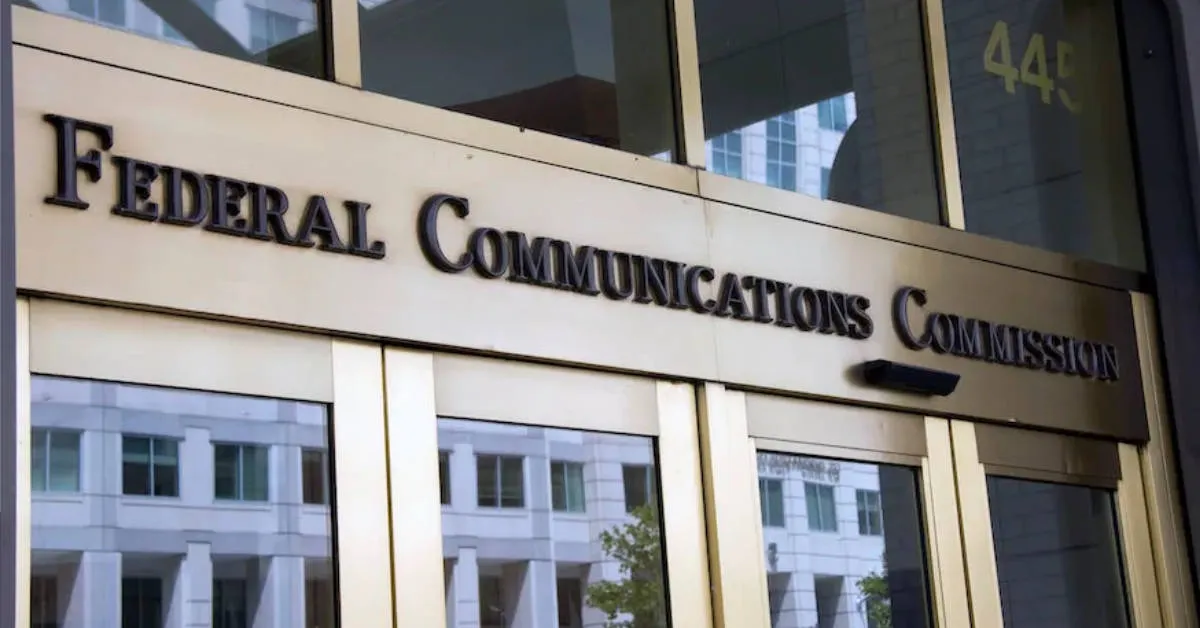
Key Points:
- The FCC rejected proposals from NAB, Telesat, Iridium and state broadcaster groups to expand regulatory fees to large tech and broadband firms.
- Trade groups including CTIA, NCTA and the Wi-Fi Alliance opposed the idea, arguing fees should only cover industries directly regulated by the FCC.
- The FCC said such fees would be “not administrable,” noting no evidence was provided that tech firms imposed additional regulatory burdens.
The Federal Communications Commission (FCC) has rejected a call from the National Association of Broadcasters and some industry trade groups that would have imposed cable-style regulatory fees on streaming services, tech companies and pure broadband providers.
In a Report and Order issued on Friday, the FCC reaffirmed that regulatory fees are calculated based on the number of full-time equivalent employees assigned to specific industries under the agency’s jurisdiction. Broadcasters, satellite operators and other licensees are already assessed annual payments, which help fund the FCC’s operational costs.
The NAB, in concert with other groups like Telesat, Iridium and the State Broadcasters Associations, pressed the FCC to expand the list of fee payers to include broadband providers and large technology firms. They argued that companies operating online platforms and broadband services rely on FCC resources and should contribute to the costs of regulation.
“Big Tech should not be permitted to free ride on the FCC’s oversight,” NAB said in submitted comments earlier this year. The NAB argued that online platforms enjoy regulator benefits without paying into the agency’s budget, as broadcasters and satellite operators do.
The proposals drew strong opposition from trade groups representing telecommunications and technology firms. CTIA, the Wi-Fi Alliance, NCTA, the Telecommunications Industry Association and the Consumer Technology Association argued that regulatory fees are intended to recover the costs of direct oversight, not to target companies indirectly affected by agency activities.
In its decision, the FCC sided with opponents, saying proponents of new fee categories failed to provide sufficient evidence that broadband or technology firms warranted inclusion. The Commission noted that regulatory activity concerning broadband services is spread across multiple bureaus, making it “not administrable” to assign costs uniquely to broadband providers.
“Proponents have not identified with any specificity which companies should be included, nor have they shown that additional regulatory burdens tied to these firms require a new category of fees,” the FCC wrote in the order.
Under current FCC Chairman Brendan Carr, the agency embraced the idea of modifying or “deleting” certain rules to bring its operations in line with the wishes and desires of many of the industries it regulates. But the order issued Friday continues a policy stance the FCC has taken in recent years, in which it has resisted pressure to apply cable-style carriage fees or other regulatory assessments to internet platforms. Regulators said such proposals remain unworkable and would add complexity without clear statutory justification.
The matter is unlikely to disappear: Broadcasters continue to press for what they call a more equitable distribution of FCC funding, pointing to increased competition for advertising and audiences from digital platforms.
For now, the Commission says the existing framework — in which broadcasters, satellite operators, wireless carriers and other licensees shoulder the burden — will remain intact through the 2025 fiscal year.